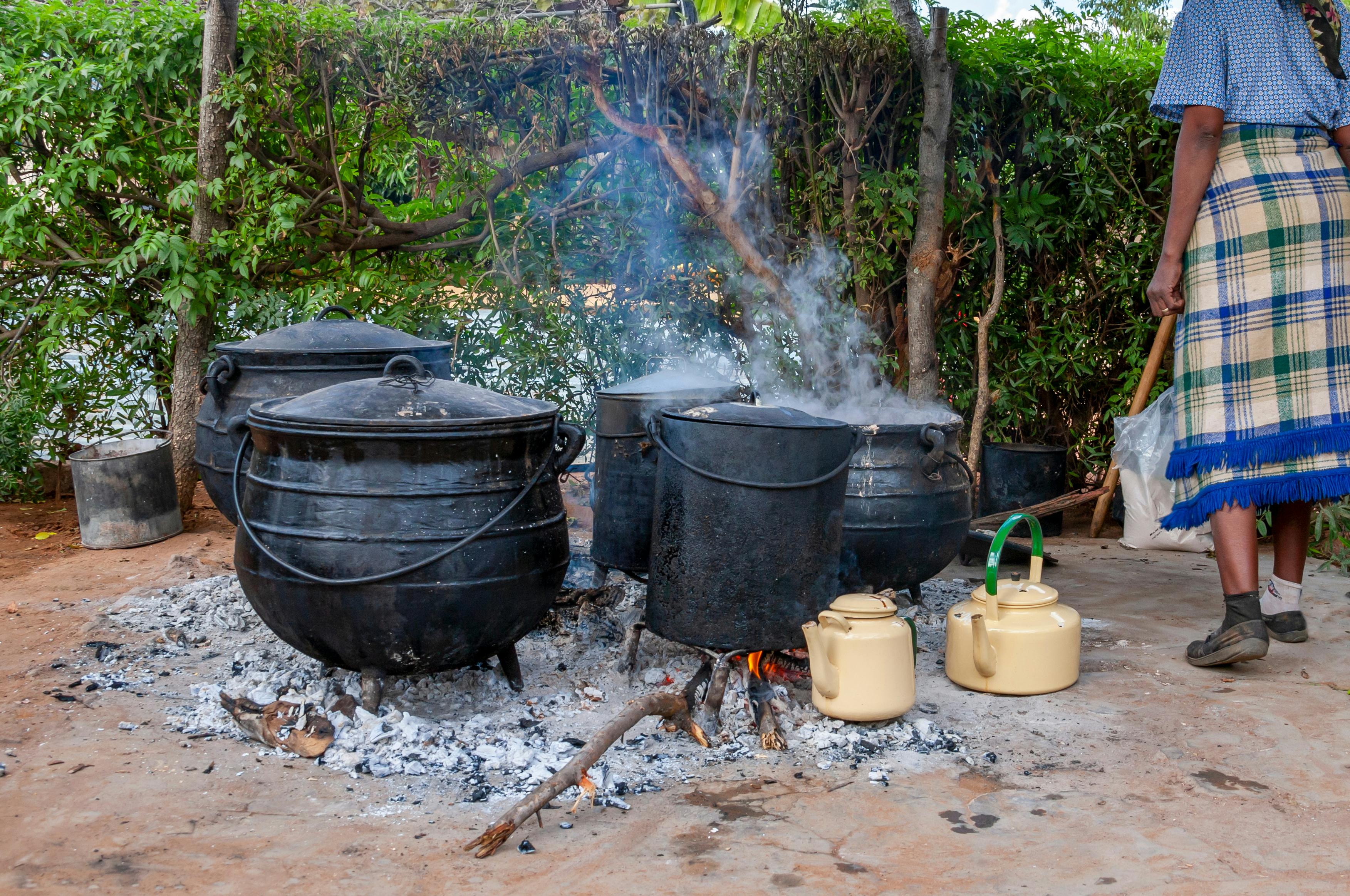For many countries but not all:
Nearly one in three people, most of them in the poorest regions of the world, still lack access to clean cooking facilities. And women bear the brunt of the consequences of not having electricity or clean cooking fuel. The task of collecting firewood or other dirty fuels falls predominantly on them, wasting scarce time and effort. Household air pollution, mostly from cooking smoke, is linked to around 2.5 million premature deaths a year, with women and children being the most exposed. This problem is particularly acute in Sub-Saharan Africa and the needs of African women, be they economic, social, or health-related, cannot be ignored in our path to ensuring inclusive energy transitions across the world. IEA's analysis shows that achieving universal access to clean cooking would require investment of USD 8 billion annually in stoves and infrastructure between now and 2030. This is less than 1% of what governments spent in 2022 globally on measures to keep energy affordable for their citizens. Building up on this policy priority, the Agency will soon convene global leaders for a Summit on Clean Cooking in Africa and lay the foundation for ensuring clean cooking access for all. Held on 14 May in Paris.
